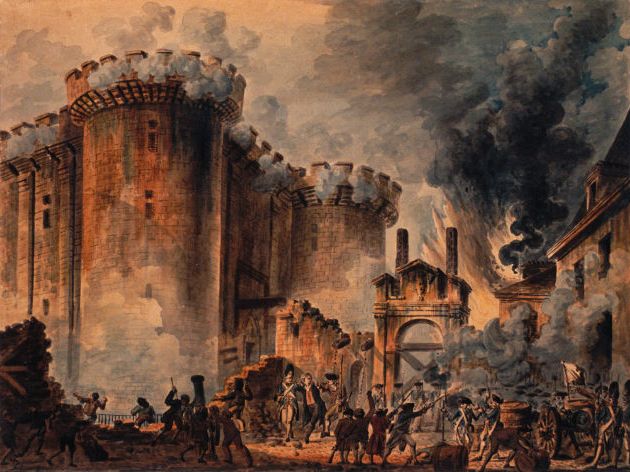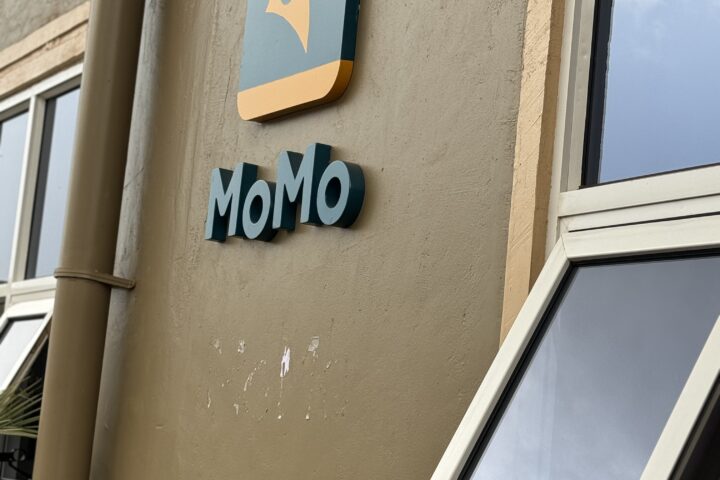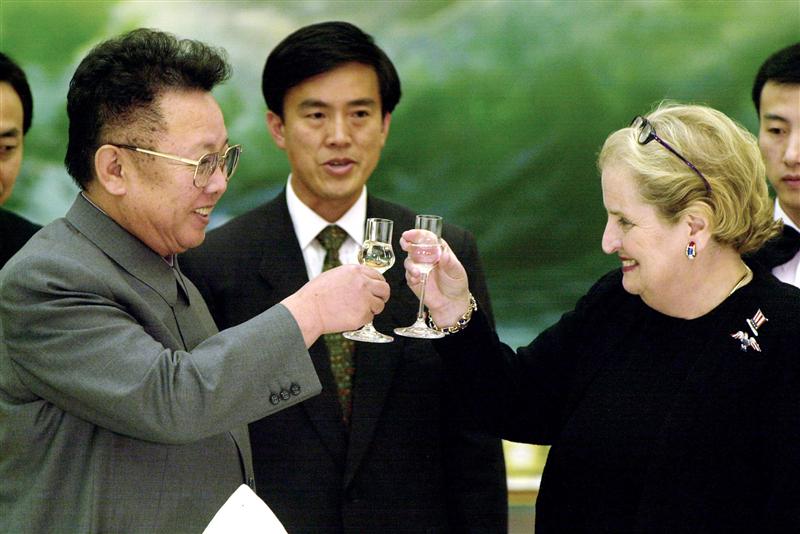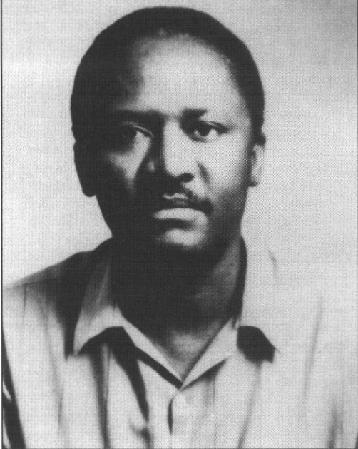Excuse the long sentences. One of the final acts of the organisation that sustained the era of Emperor Haile Selassie was its failure to act. Like a patient on the operating table, Selassie and his system were spectators, for the most part, as violent reformists applied the blunt knife of revolution to an era once hailed as one of the leading lights of Africa, dismembering the body politic until Ethiopia was nothing but a bloody mess choking on itself. Ryzard Kapuncinski who wrote the sad book “ The Emperor” however noted something disturbing in those final days. As princes and notables were being rounded up by the reform movement, the Emperor for a while at least, long used to being in charge of everything, tried to own this final act of his overthrow. He wanted to be appear in charge of his fall from grace as he did everything else. Ethiopian institutions atrophied well before Haile Selassie’s death and explains in part the so-called revolutions to restore Ethiopia that are still progressing apace.
Not all reform requires the complete overthrow of the status quo. In fact this is more the exception than the rule. However two things strike me as self-evident. One is that when systems are entrenched both its supporters and opposers are trapped in a death dance at the end- with the unsavory consequences captured in such phrases, as “freedom is never served on a silver platter” but requires the sacrifice of blood. This is especially true for power of the imperial variety. Secondly when such systems as the Emperors are overturned- change does occur but not always reform. These facts repeat themselves pretty open and despite their example many societies have to endure the slow decomposition of their countries around the hubris that incumbency reproduces especially through its ability to procrastinate change. Initially, this occurs through patronage and corruption but in the final days through its Frankenstein version arrives when corruption ceases to be about greed but about survival (more of this later). A regime is cornered.
The case for revolution as history unlearned is made in most East African schools. A handbook on classic revolution (as opposed to rebellions or successful mutinies as many coups in Africa in the 60’s could pass) is taught freely to secondary school students in Uganda. I say freely because one would expect that in a climate of apprehension in societies accustomed to rebellions, revolutions or other forms of violent change, the ideas of the French revolution of 1789 aught to be a trifle worrisome in light of the recent Arab Spring. It obviously spooked already paranoid – or simply repressive regimes causing them to censor words or phrases that could disperse the curse of Tahrir; the way a farmer removes bad seeds from next year’s planting basket. Perhaps it’s a commentary on the state of secondary school learning or the realization that knowledge and information do not reside on blackboards or notebooks anymore.
This seminal moment in 1789 that felled the “ancien regime” in France seen in the light of the loud banging and even louder clamor online for change in several African governments affirms that numbing and exasperating fact that historical events, such as the so-called Afro-Arab spring do not in fact reference history itself.
The death of Emperor Louis XVI and his wife Marie Antoinette – were rooted, put simply, in a bad economy, a royal court (the patronage of old when countries were Kingdoms and not republics) that did not change its lavish lifestyle, the insulation of power from accountability by incompetent public institutions, and ultimately a rejection of the status quo by the regime’s hitherto most loyal supporters- ordinary people through protests on the streets of Paris. This was not all. In response to the crisis that was absolute power in Europe came new ways of explaining how power aught to relate to people- in the work of thinkers like Jean Jacque Rousseau and others. The public good would forever be reformatted.
The French revolution and its influence in Europe of course did not have the benefit of the internet but technology aside its ingredients remained fairly the same in the iterations of change being celebrated today as historical departures from tyranny in countries like Egypt- land of the pharaohs.
But there is even more that is obvious. Like the death of the Emperor, a new dawn does not necessarily bury the demons of the past. As many a Ugandan student reading European history 1.1 knows it turns bloody very quickly as the ancien regime convulses, like Ethiopia or Somalia or even Uganda did in the 80’s, into an orgy of instability. Those who romanticize change often will point out that it does not come cheap. Freedom involves sacrifice or “resistance” in Ugandan parlance. It is with these thoughts in mind that I was reading some of the debate on the immediate future of Uganda which has been dubbed one of those countries likely to follow its Arab neighbors up north in a season of change. Having written both about the Arab Spring and the recent Ugandan election of 2011, my conclusion had been that street protests while providing evidence of increasing anger against the government and signs of its ineffectiveness, were unlikely by themselves to initiate a political transition. The two events, the 2011 election and the protests thereafter were separate though relative to each other. The real challenge for commentators was to open up the system and ask how it was going wrong not merely interpret the symptoms of regime fragility. The current discourse however is mainly clustered around an analogy of prospects based on the experiences of North Africa and beyond.
Critics of the government, my favorite being the ex-Leader of the Opposition, Professor Ogenga Latigo, say the law of “cumulative error” will apply to the NRM’s transition from itself. Others like Charles Onyango Obbo, one of the founders of the independent Daily Monitor, looking into the future have written Uganda off in the mould of other basket cases (see his recent column on Uganda as an oil cursed nation). More cautious voices like Bernard Tabaire have argued that the path Uganda is taking is a path of reform- even if borne out of crisis. If the current uproar of corruption is to reform Ugandan politics however, how it will is not a subject of considerable debate. The benefits of reform through crisis still appear in the voice of critics to be regime change but as evidence, as seen from France to Ethiopia, and Uganda in the late 80’s, change and reform can be strange bedfellows. In terms of scenario building therefore the discourse stops short of looking at Uganda beyond change.










